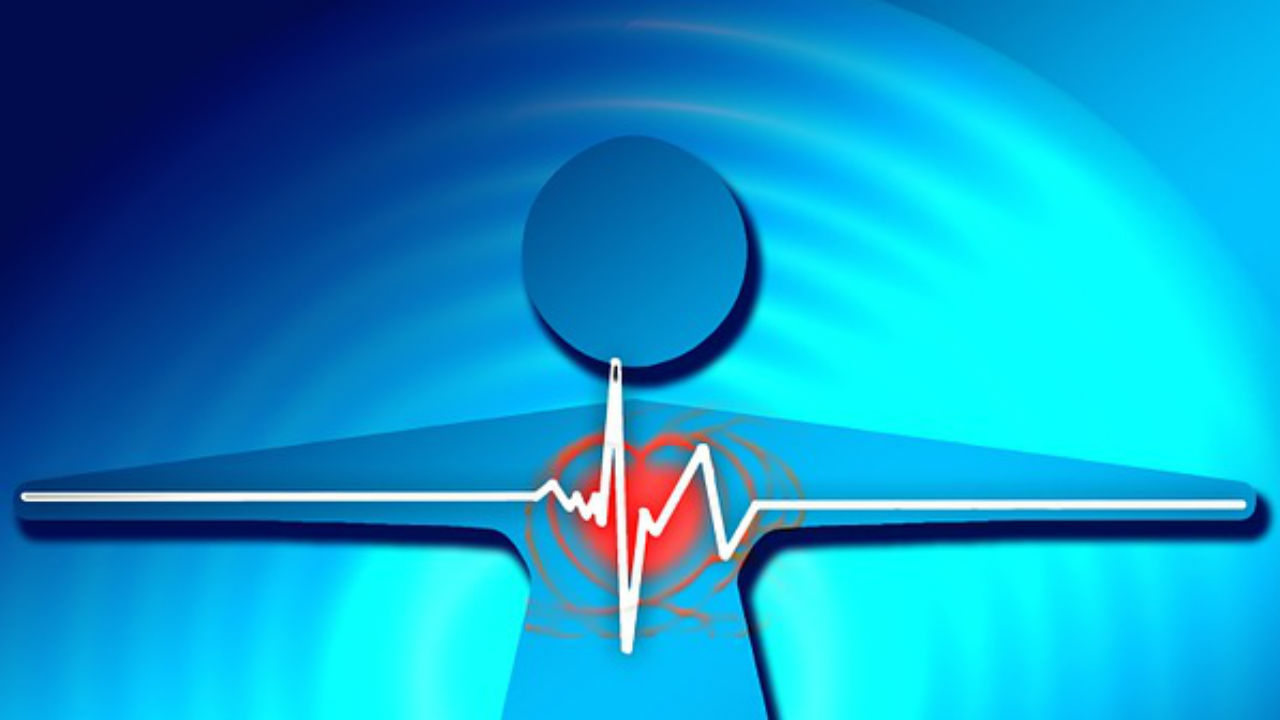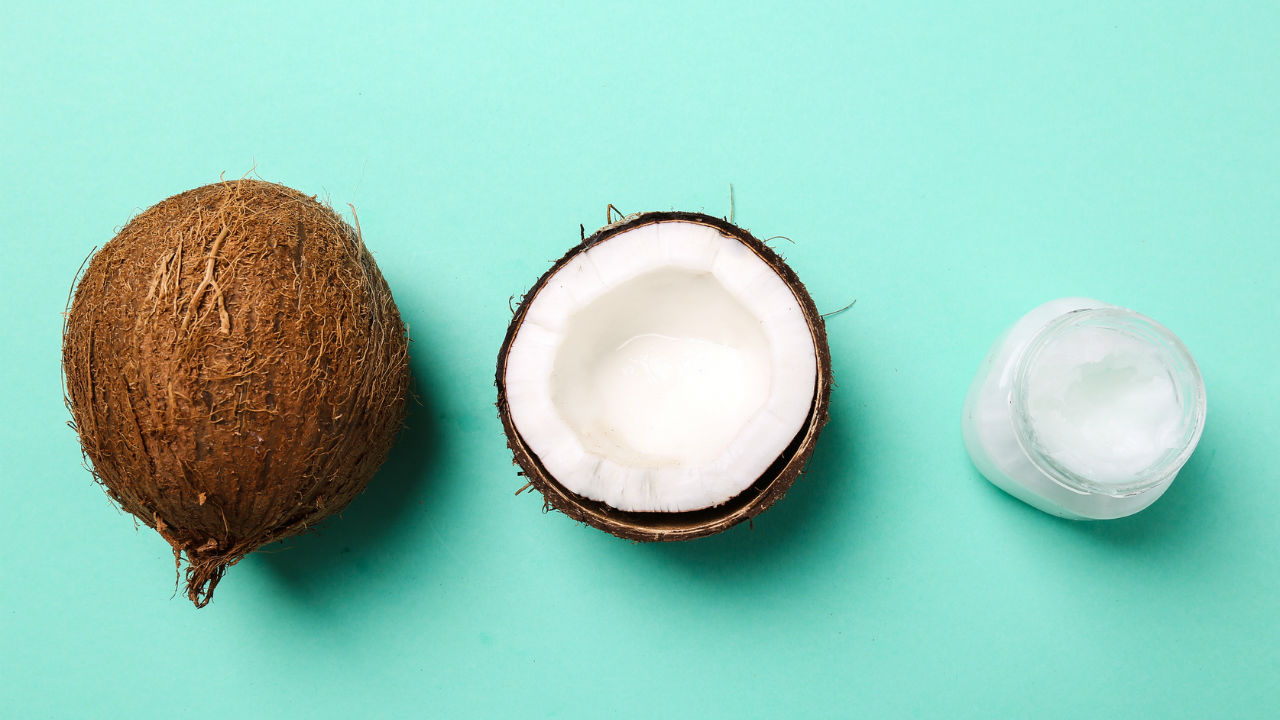Previous generations of mothers had far less choices to make during their pregnancies. Where to give birth and what color to paint the nursery were two of the few things our own mothers had to consider. Then they brought in ultrasound scanning and a whole array of ante-natal tests to choose from. Now there’s cord blood banking to consider.
So should you bank your baby’s cord blood or not?
The Pros
• Taking a cord blood sample is painless for the baby and may have benefits for him or someone else in the future.
• If you have decided to donate your baby’s cord blood for other people, giving a blood donation is free.
• The stem cells in cord blood can be used to treat cancer, blood disorders, immune system deficiencies, brain injuries and auto-immune diseases. Fatal diseases have been reversed by cord blood transplant.
• Human heart valves have been grown using umbilical cord blood. In a few years, scientists may be able to grow fully functioning organs in your child’s own tissue type which would cancel out the need for transplantation from a donor and anti-rejection drugs.
• If you store your child’s own cord blood for him, it can be re-infused back into him in the event of need. Because it is his own blood, there is no risk of rejection.
• Donating cord blood to scientists will help them come up with new medical techniques to help people.
The Cons
• It has been estimated that the chance of a child needing his own cord blood in the future is only 1 in 20,000.
• It is expensive to bank cord blood and financially out of reach for many families. Some companies charge yearly fees for storing the cord blood, so it is a life-long commitment in many instances with a limited possibility of actually needing to use the blood.
• Stem cell therapy is still experimental and there is limited evidence of its effectiveness for things like cerebral palsy and other brain injuries.
• Blood can carry disease and not all diseases are screened in blood. For instance, vCJD, a brain disease caught from cattle, is not screened for in blood. Several UK blood donors have died of vCJD and their blood was used to make medications for countries all over the world. One baby was born with vCJD that she acquired in utero. Without a screening test, there is no way of knowing if the cord blood is free of contamination.
• If your child has cancer, he may not be able to use his own cord blood, which could contain markers for the disease.
• If your child receives cord blood from somebody else, he can reject the blood and the stem cell transplantation may not work.
• If you have a home birth then you will not be able to bank your baby’s cord blood.
• If you are expecting twins or more, then you will not be able to bank your babies cord bloods as their placenta or placentas will be too small to obtain a sample.
• Cord blood belongs to your baby and is meant to be infused back into the body at the time of birth by delaying cutting the cord until it has stopped pulsing. Babies who have their cord cut immediately, do not receive this blood and oxygen that they need. Some medical journals have suggested this is like subjecting the newborn to a hemorrhage and may be causing jaundice and vitamin K deficiency bleeding which is why all newborns are offered artificial vitamin K supplementation at birth. This would usually be unnecessary if the baby was allowed to receive his own cord blood back at the time.
Joanna is a freelance health writer for The Mother magazine and Suite 101 with a column on infertility, http://infertility.suite101.com/. She is author of the book, 'Breast Milk: A Natural Immunisation,' and co-author of an educational resource on disabled parenting, in addition to running a charity for people damaged by vaccines or medical mistakes.





Add a Comment2 Comments
Consider Americord for cord blood banking – Americord Donates Cord Blood Processing and Storage Costs for Children with Cerebral Palsy for parents that have banked with them. See http://cordadvantage.com/press-room.html
December 30, 2011 - 3:22amThis Comment
Consider Americord for cord blood banking – Americord Donates Cord Blood Processing and Storage Costs for Children with Cerebral Palsy for parents that have banked with them. See http://cordadvantage.com/press-room.html
November 18, 2011 - 4:24amThis Comment